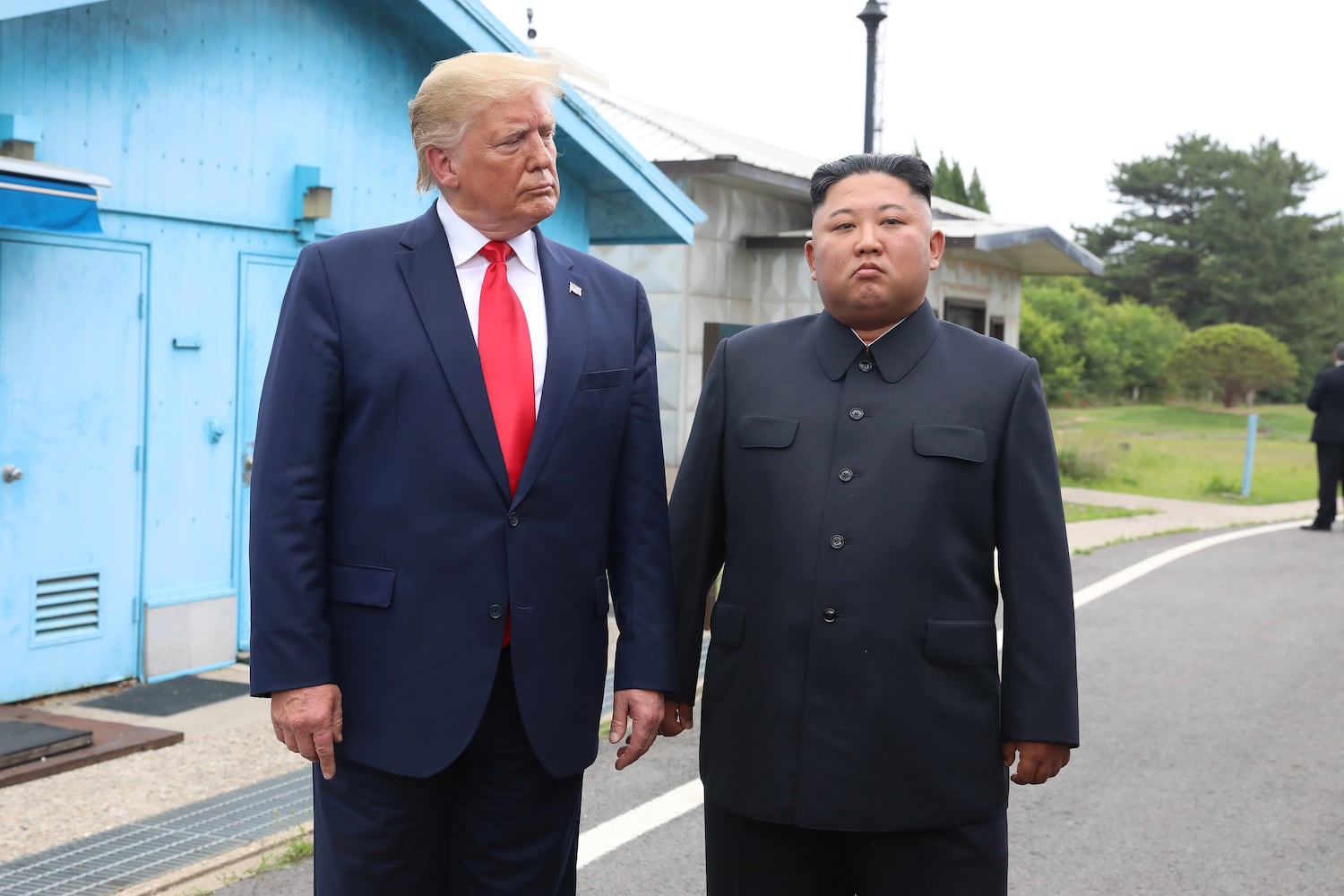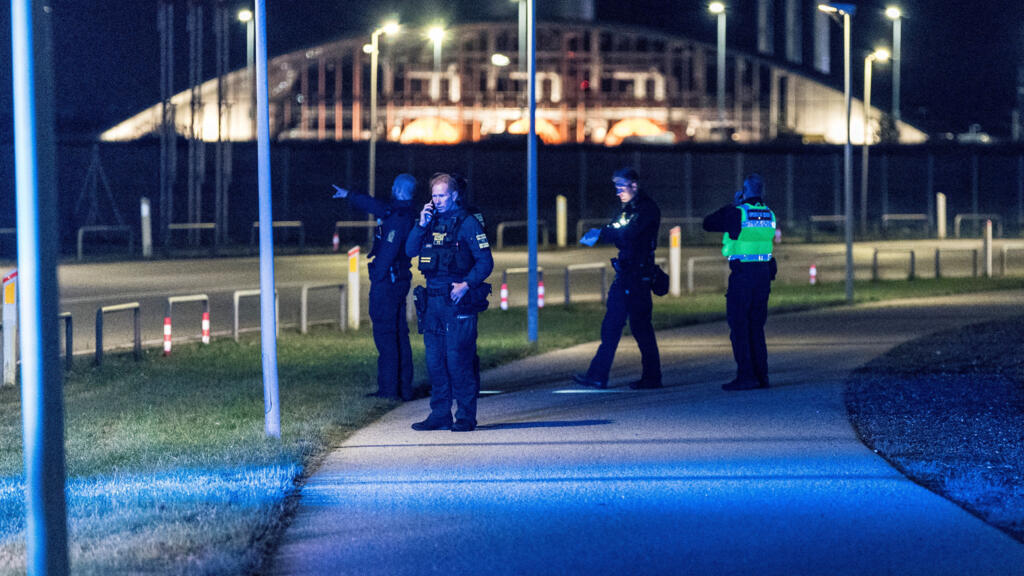US-Taiwan joint weapons production plan likely to meet opposition
Politicians in both countries are concerned over technology leaks, or weapons falling into the wrong hands.

The United States’ alleged plan to produce weapons jointly with Taiwan to boost its deterrence capabilities against China was met with mixed views by observers and analysts in Taipei.
Nikkei Asia was the first media outlet to report on Wednesday that the Biden administration is considering such a plan, quoting three unnamed people familiar with it.
Senior U.S. officials have warned this week that China may speed up plans to invade Taiwan, which Beijing considers one of its provinces. President Xi Jinping, in his opening speech at the 20th Communist Party Congress, said Chinese leaders “will not renounce the use of force” in national reunification.
Nikkei, quoted a person with direct knowledge of the matter as saying:
“initial discussions on joint U.S.-Taiwan [weapons] production had begun” and that U.S. defense companies may “provide technology to manufacture weapons in Taiwan, or to produce them in the U.S. using Taiwan-made parts.”
It is understood that the process is still in the initial stage and discussions will continue throughout next year.
Reuters quoted a business lobbyist as saying that “there could be resistance within the U.S. government to issuing co-production licenses” for manufacturing in a foreign country.
Taiwan-based analysts told RFA that “the risk of military secrets being leaked and the interests of arms dealers are the main factors” to be considered during the process.
‘No comment’
Both the Taiwanese Ministry of National Defense and Ministry of Foreign Affairs declined to comment on the reports.
Foreign Ministry spokeswoman Joanne Ou told reporters that the U.S. government, across party lines, maintains close cooperation with Taiwan to bolster Taiwan's self-defense and asymmetrical warfare capabilities through arms sales.
"The two sides continue to have regular, intensive discussions on that matter, but we have no information to share, and we are not willing to comment on the reports," she said.
Defense Ministry spokesman Sun Li-fang told RFA: “We have no comment at this time.”
Before that a U.S. State Department spokesperson said the United States “is looking at all options to ensure the rapid transfer of defensive capabilities to Taiwan."
Next month, the U.S. Senate is expected to vote on the 2023 National Defense Authorization Act. It proposes a new amendment to more than double military aid to Taiwan to over U.S. $10 billion, from the U.S. $4.5 billion in the initial bill.
However due to the war in Ukraine and the COVID pandemic, there is still a backlog of U.S. $14.2 billion in military equipment that Taiwan bought from the U.S. in 2019 but has yet to receive.
Taiwan President Tsai Ing-wen, in an address earlier this month, said “Taiwan will not rely on others for its defense and is committed to protecting its security and democratic way of life.”

Technology leaks
Some analysts say the first priority should be given to speed up the arms transfer as all of Taiwan's arms imports in 2016-2020 came from the U.S.
Chieh Chung, an associate research fellow with think-tank National Policy Foundation, told the official Central News Agency that a much easier option would be to move Taiwan to the top of Washington's transfer priority list.”
Some others welcome the idea of joint production, saying it would lower the costs and at the same time help develop Taiwan’s defense industry.
Taipei-based security expert Qi Leyi told RFA the two sides could first aim at producing “small, maneuverable and high-survivability weapons such as surveillance and reconnaissance communication equipment; reconnaissance and attack integrated drones; general-purpose anti-ship, air-defense and anti-tank missiles; as well as ‘intelligent’ mines.”

Another expert, Su Tzu-yun, director of the military-sanctioned Institute for National Defense and Security Research (INDSR), told RFA’s Mandarin Service that Taiwan had already cooperated in the weapons production field with the U.S. in the past.
A Taiwanese producer has successfully manufactured CM-11 Brave Tiger tanks, developed by the U.S.' General Dynamics, since the 1990s. Taiwan’s indigenous Hsiung Feng II and III missiles were also developed with some U.S. technology.
“Many Taiwanese private companies are already part of the U.S. defense industry supply chain,” Su said, adding that it is “entirely possible” for them to cooperate further once “mutual trust is ensured.”
Guo Chong-lun, a well-known commentator on military issues, noted the “biggest difficulties in Taiwan-U.S. cooperation in the production of weapons is that the U.S. government must overcome the arms industry's opposition to moving production lines to Taiwan, thinning profits, and leakage of secret military technology.”
"If the weapons are produced in Taiwan, the interest margins for arms dealers will not be as high as in the past. That factor should be taken into consideration," Guo told RFA.
(Xia Xiaohua in Taipei contributed to this story)
This article has been sourced from various publicly available news platforms around the world. All intellectual property rights remain with the original publishers and authors. Unshared News does not claim ownership of the content and provides it solely for informational and educational purposes voluntarily. If you are the rightful owner and believe this content has been used improperly, please contact us for prompt removal or correction.












